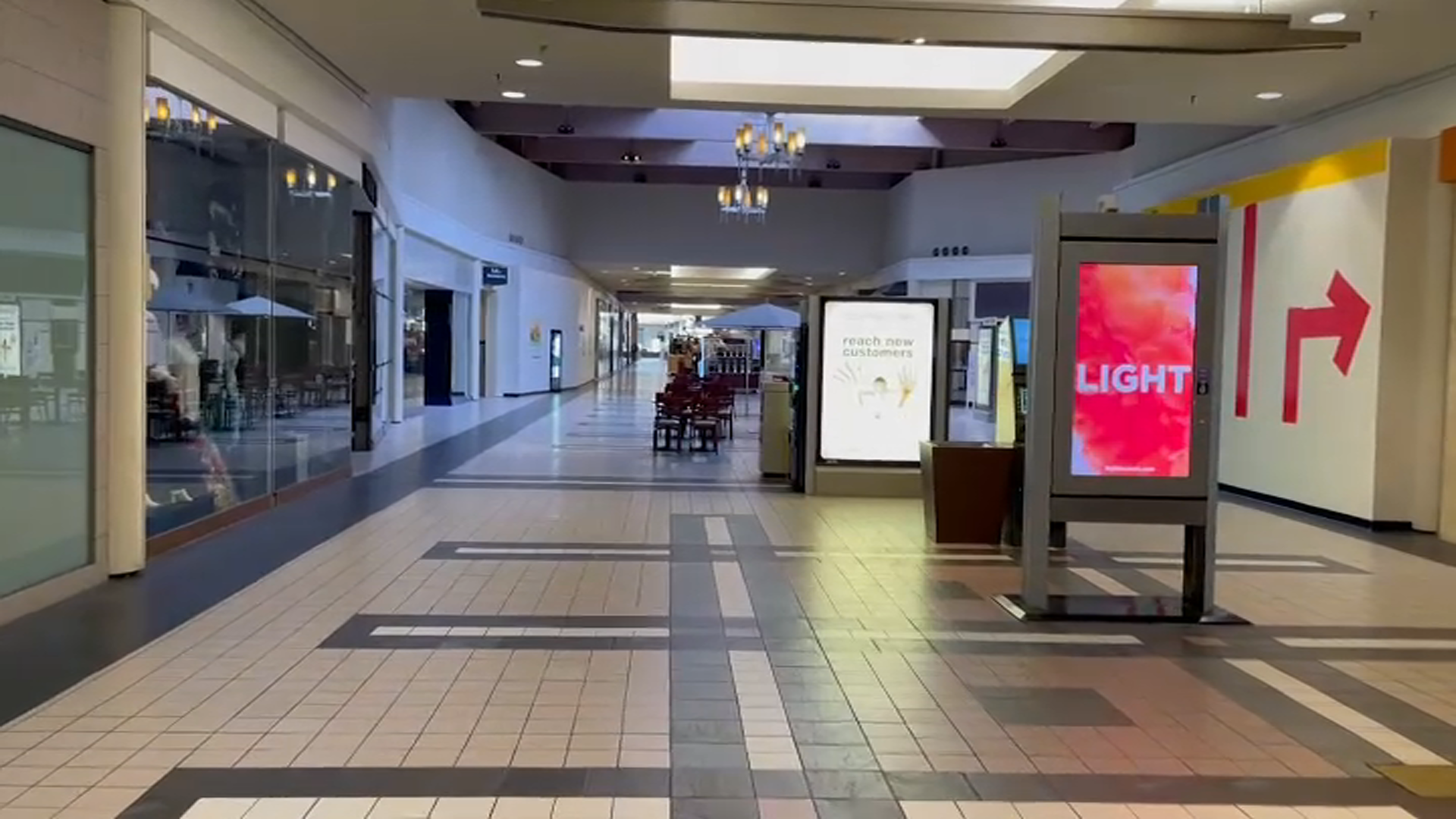Lorri Cole was outraged when she set out to make arrangements for the burial of her mother last February, only to find that the cemetery where her family had committed their loved ones for four generations had no record of their plots.
"They said we don't have any documentation of it," Cole told NBC5. "Can we take your papers and make a copy of it!"
Cole said she had the papers, detailing the plots her great grandfather had purchased from Cedar Park Cemetery in Calumet Park in 1930.
"Are you kidding me?" she asked. "They didn't have any documentation of my family owning twelve plots here?"
Feeling out of the loop? We'll catch you up on the Chicago news you need to know. Sign up for the weekly Chicago Catch-Up newsletter here.
With the paperwork she produced. the burial took place, but Cole said she was appalled at the general condition of the property, a former Masonic cemetery built in the early twenties.
"I met a man the other day and he couldn't find his mother," she said. "I just want it taken care of."
Indeed, after Cole contacted NBC5 Investigates, a visit to the cemetery revealed a once-grand property where scores of flat stones are now overgrown and impossible to see. Markers denoting various sections of the cemetery are missing. Herds of deer roam freely in the cemetery, where an abandoned funeral home looms on the northern border.
Local
On some graves, bronze vases have been stripped, apparently for scrap. A huge obelisk erected by the Masonic Order as a war memorial looms over the cemetery, its light boxes overgrown with trees.
Indeed, during repeated visits, NBC5 Investigates dug by hand into areas where no headstones were visible, only to discover long-forgotten graves overgrown with inches of sod.
"I think it's deplorable, disrespectful, and just a horror to me," Cole said.
Standing in an area where so many graves are covered with thick growth, NBC5 asked General Manager Kevin Carter if graves shouldn't be immediately findable by visiting family members.
"Without a doubt," Carter said. "It's not the case here, but again you’re dealing with a situation where the maintenance was not here for many years to come, where the headstones have sunken into the ground, and it’s things that really need to be addressed. And we intend to address."
Carter's family has owned the cemetery since they purchased it out of receivership in 2010. He has operated it since 2018.
"The time frame is in question," he said. "And then getting the manpower to do so."
State law on the matter seems fairly clear. According to the Illinois Department of Professional Regulation, the Cemetery Oversight Act calls for cemeteries to provide "reasonable maintenance of the cemetery property, and of all lots, graves, crypts, and columbariums in the cemetery."
The law, enacted after the grave-reselling scandal at Burr Oak Cemetery, calls for the "cutting of lawn throughout the cemetery at reasonable intervals, to prevent an overgrowth of grass and weeds, given the weather conditions, climate, and seasons."
Asked what his understanding was of the care required, Carter said, "We should maintain the cemetery---keep the headstones visible---keep the grass cut, trimmed and so forth, and upkeep of the cemetery as needed."
But he quickly stressed that he didn't have enough help to currently make that possible.
"Evidently we’re behind on it," he said. "And again I’d stress to you the manpower and getting the manpower to do so as well, and again, we’re looking forward to getting it cleaned up because it makes our job easier as well."
NBC5 took down names from the graves we uncovered, and asked Carter if his office had those legacy records, some dating back to the forties. He checked into them and produced them, which ironically, is not required of the cemetery act.
An IDFPR spokesman told NBC5, "Cemeteries are not required to keep records of interments, entombments, and inurments before the efffective date of the Cemetery Oversight Act, which was March 1, 2010."
That means Illinois cemeteries don't have to keep records of burials ranging from the 1800's or earlier, all the way up through 2009.
We wondered about another area of the cemetery, where dozens of graves sit in barren soil, their headstones lying un-attached on the ground. Carter said that was the cemetery's newest section, and groundskeepers have kept the stones un-attached to allow them to be moved to facilitate the entry of equipment.
"You put 'em in and you end up cracking them and make them sink faster," he said.
The cemetery act calls for "the laying of seed, sod, or other suitable ground cover as soon as practical following an interment."
As for the failure of the cemetery to find the Cole family's paperwork, Carter said "That's not a good thing!" But he stressed that records of the cemetery's prior owners are kept in various locations, and sometimes can take time to locate.
"Sometimes it may take days," he said. "So if a family does have the paperwork it can expedite the process
Near the front gate, Lorri Cole said her family had spent decades visiting the cemetery, which they once loved for its park-like atmosphere. Now she said, she was disappointed that her family had to maintain generations of loved ones' resting places themselves.
"It's deplorable," she said. "Nobody should be in a cemetery that's maintained like this!"



